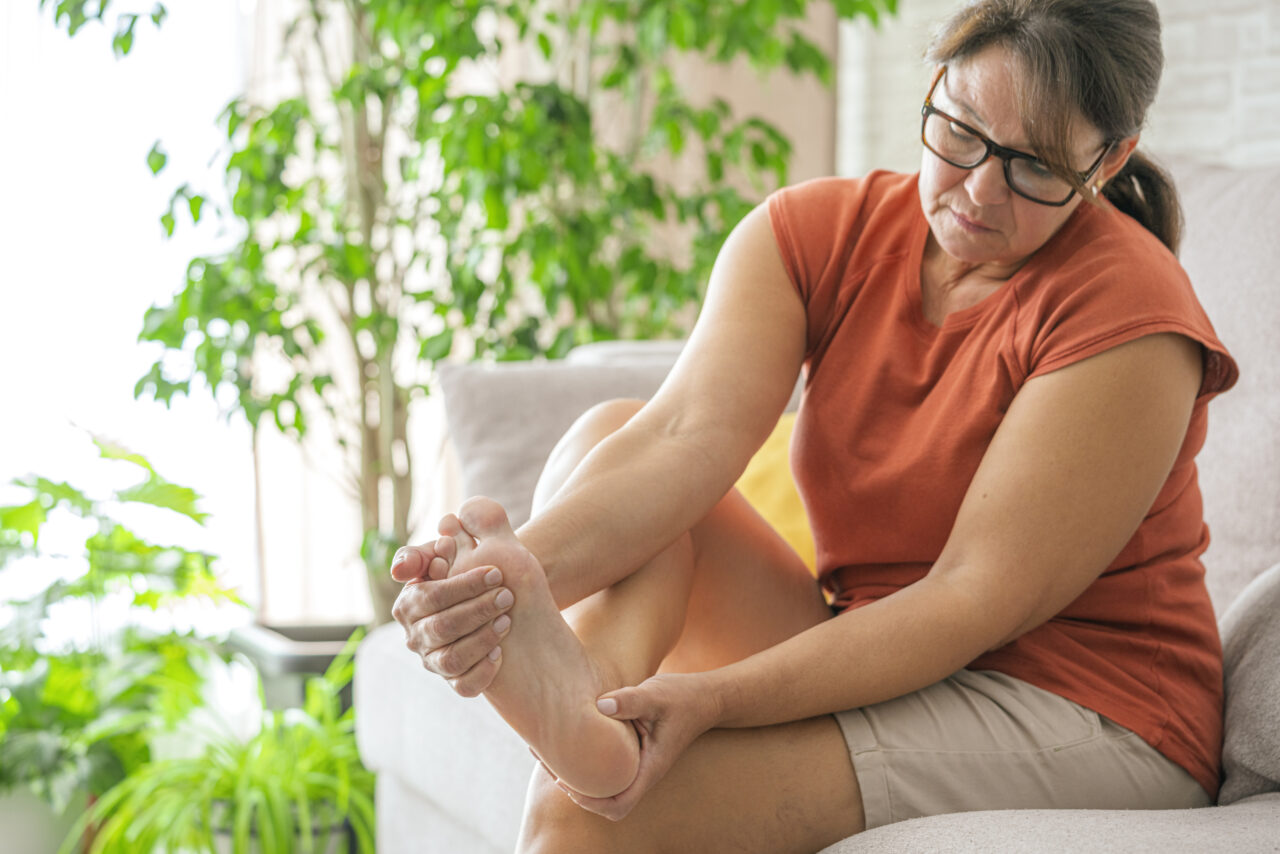Dehydration is a common issue that can affect various aspects of our health, often in ways we might not immediately recognize. One surprising consequence of dehydration is its potential to cause foot pain. Let’s explore how dehydration can lead to discomfort in your feet, the symptoms to watch for, and expert advice on prevention and treatment.
Understanding Dehydration
Dehydration occurs when your body loses more fluids than it takes in, leading to an imbalance that can impact your overall health. Factors such as hot weather, vigorous exercise, illness, and inadequate fluid intake can all contribute to dehydration. When your body is dehydrated, it lacks the necessary fluids to function properly, which can manifest in various ways, including foot pain.
How Dehydration Leads to Foot Pain
1. Muscle Cramps
One of the primary ways dehydration can lead to foot pain is through muscle cramps. When your body is short on fluids, it can cause your muscles to contract involuntarily. This often occurs in the legs and feet, leading to painful cramps that can be quite debilitating. Dehydration can also alter the balance of electrolytes in your body, which are essential for muscle function. An imbalance can further exacerbate muscle cramps, leading to increased foot pain.
2. Stiffness
Dehydration can also lead to stiffness in the muscles and joints. When you’re not adequately hydrated, your body may not produce enough synovial fluid, which lubricates your joints. This can result in discomfort and stiffness, particularly in the feet, making it challenging to walk or stand for extended periods.
3. Reduced Blood Flow
Dehydration can lead to reduced blood volume, which may affect circulation. Poor circulation can result in inadequate blood flow to the feet, causing pain and discomfort. When your feet don’t receive enough oxygen and nutrients due to decreased blood flow, you may experience a sensation of heaviness or pain.
Symptoms of Dehydration-Induced Foot Pain
If you suspect that dehydration may be the cause of your foot pain, look out for the following symptoms:
– Persistent muscle cramps in the feet or legs
– Swelling or stiffness in the joints
– Dry mouth and increased thirst
– Fatigue or weakness
– Dark yellow urine or infrequent urination
If you experience these symptoms, it’s crucial to take action to rehydrate and restore balance to your body.
Prevention and Treatment
Stay Hydrated
The best way to prevent dehydration is to drink plenty of fluids throughout the day. Aim for at least eight 8-ounce glasses of water daily, and increase your intake during hot weather or when exercising. Remember that certain foods, such as fruits and vegetables, can also contribute to your hydration.
Electrolyte Balance
Consider replenishing electrolytes, especially if you engage in strenuous physical activities. Sports drinks or electrolyte supplements can help restore balance and prevent muscle cramps.
Stretch and Strengthen
Incorporating stretching and strengthening exercises for your feet and legs can help alleviate stiffness and reduce the risk of cramps. Regularly stretching your calf muscles, for example, can improve flexibility and circulation.
Seek Medical Advice
If foot pain persists despite taking steps to hydrate and stretch, it may be time to consult a medical professional. The experts at Texas Orthopaedic Associates can provide personalized advice and treatment options tailored to your situation.
Dehydration is a serious condition that can lead to various health issues, including foot pain. By understanding the connection between dehydration and muscle cramps, stiffness, and reduced blood flow, you can take proactive steps to stay hydrated and maintain your overall foot health. For more expert advice and treatment options, don’t hesitate to reach out to one of our wonderful foot and ankle specialists at Texas Orthopaedic Associates. Dr. John Early, Dr. Christopher Sakowski, and Dr. William Crawford will make sure you receive the best care possible for your feet.












